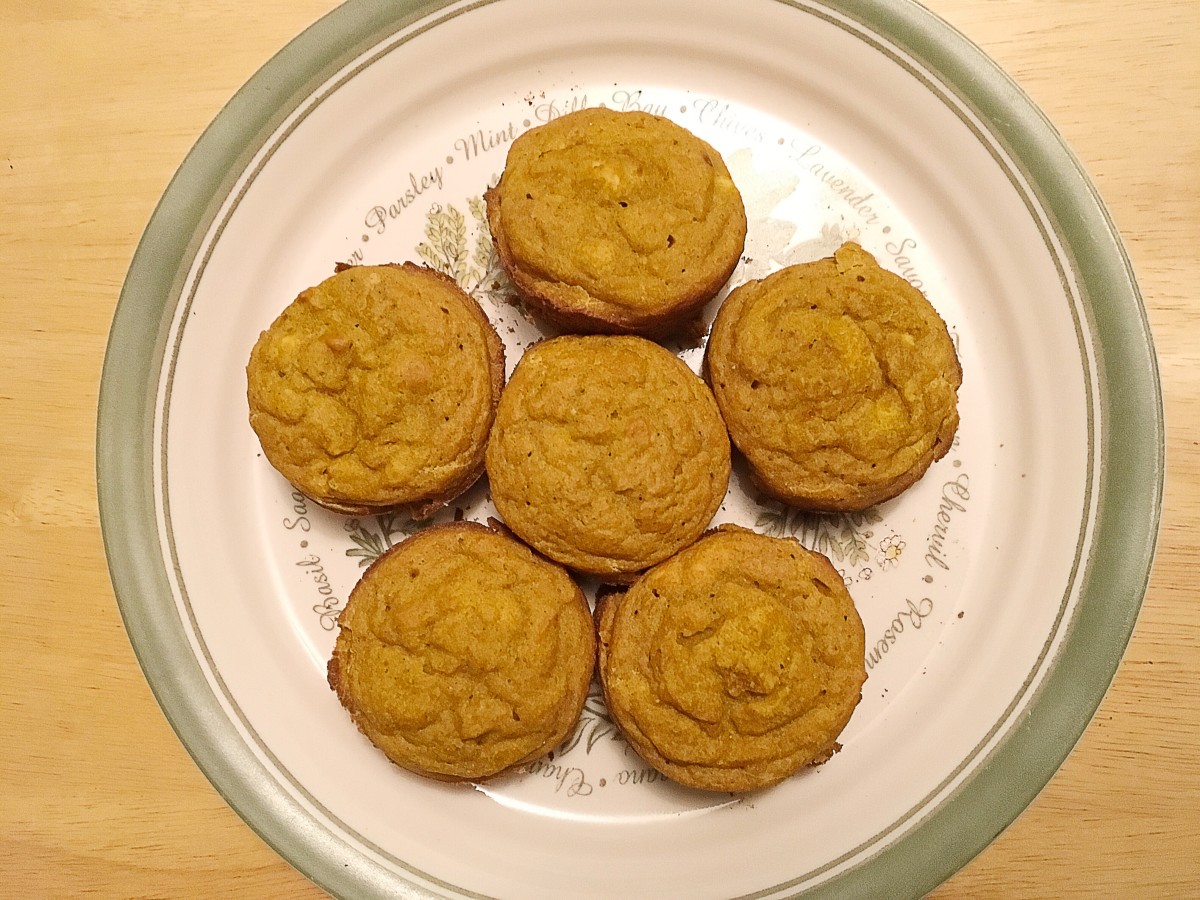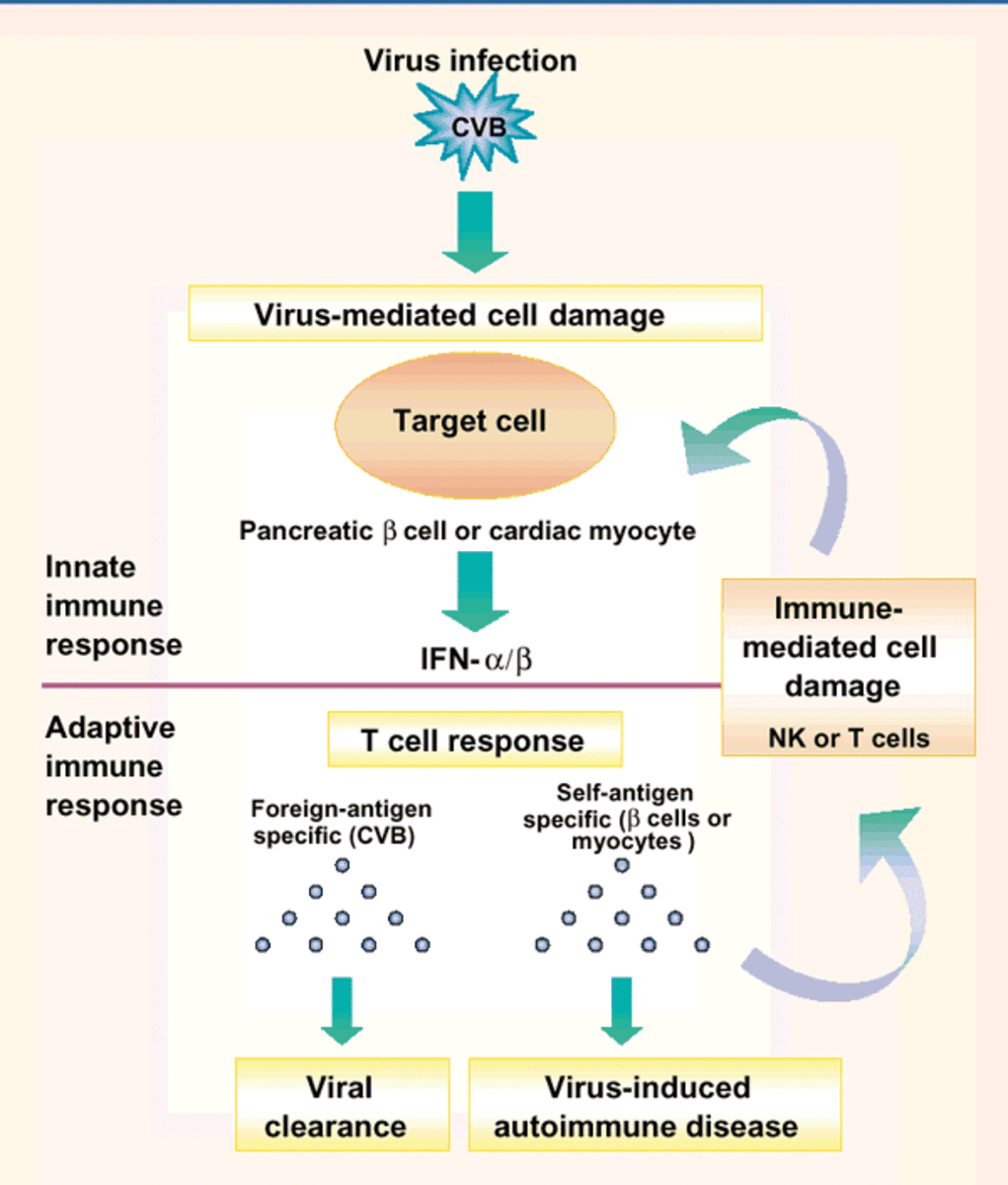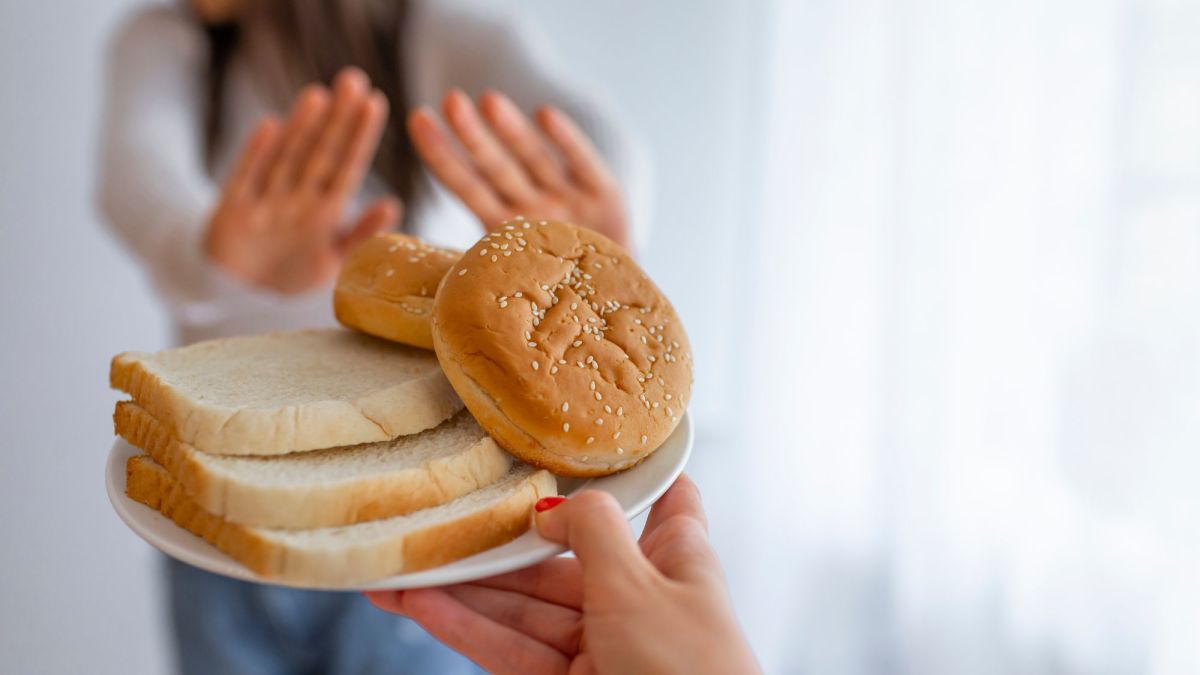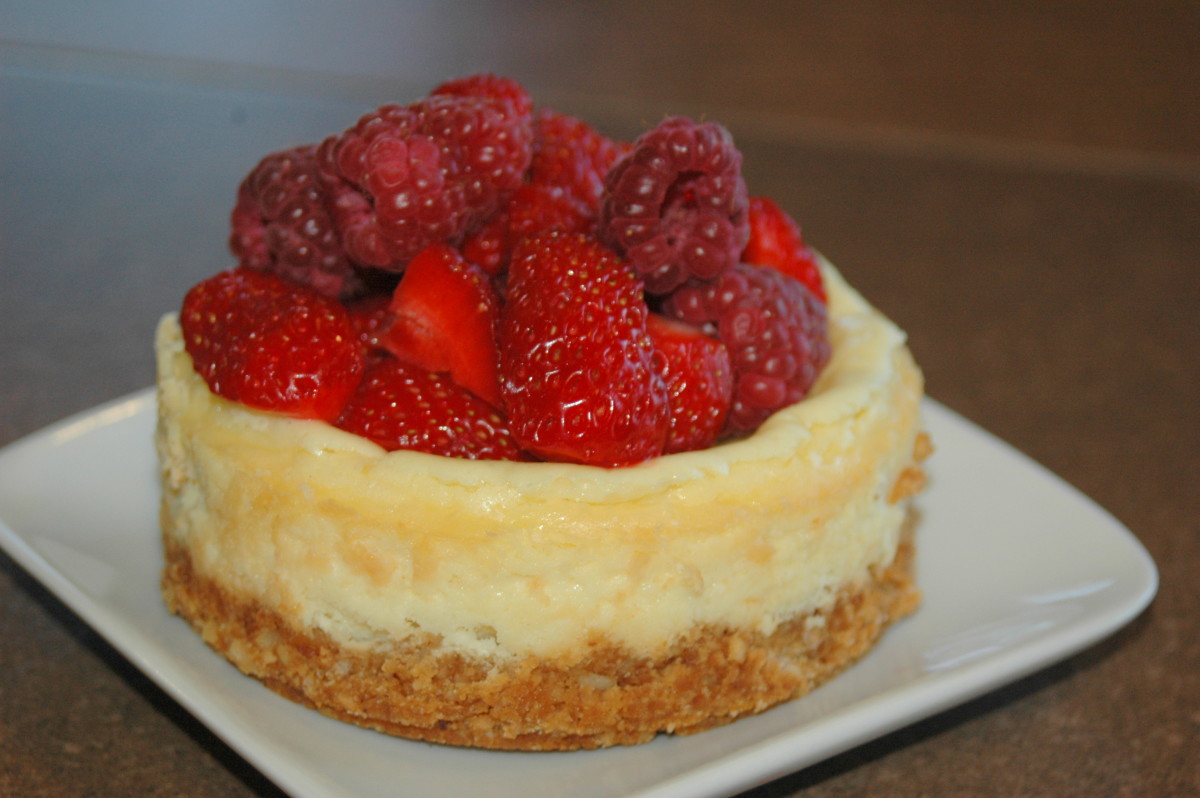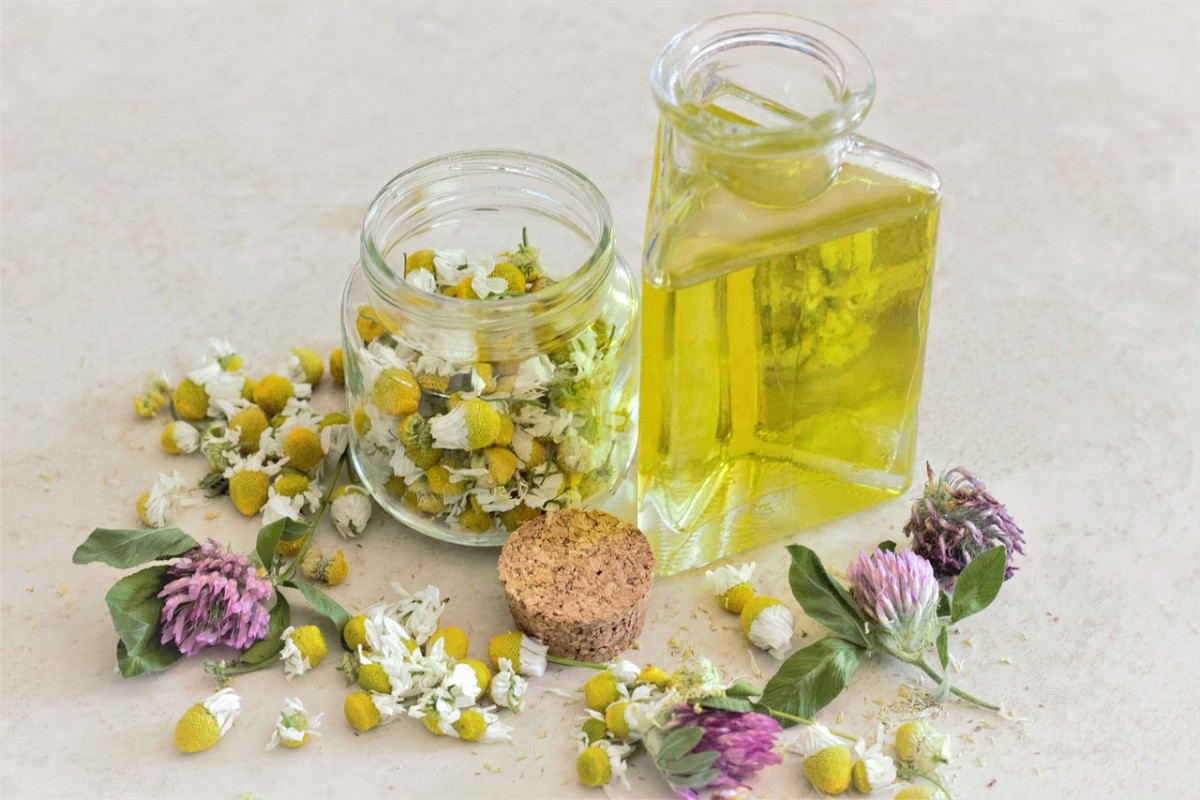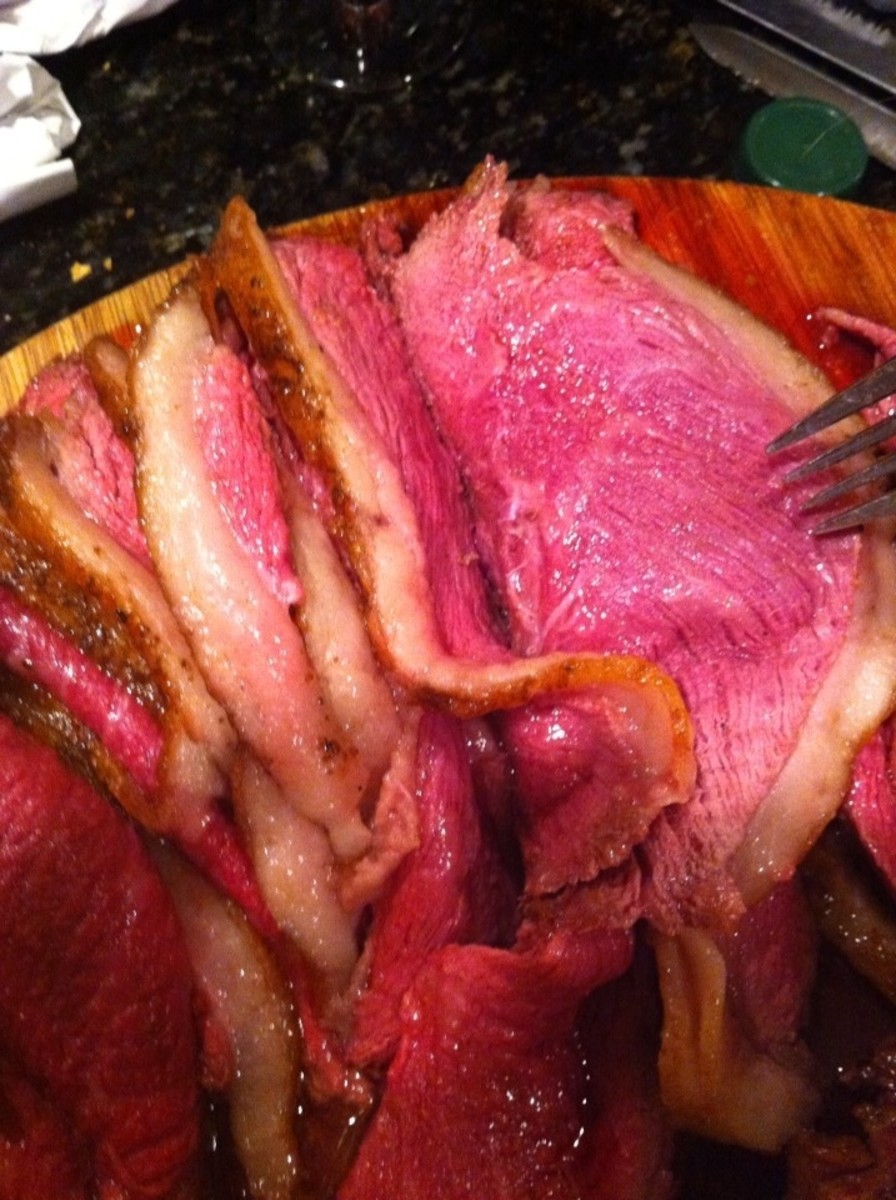Ask Carb Diva: Questions & Answers About Food, Recipes, & Cooking, #147
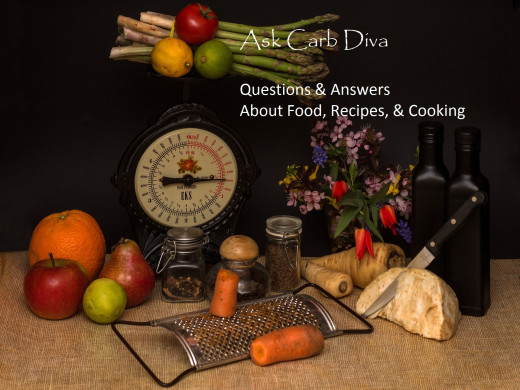
Only One
There was only one question this week; you're lucky that it was such a juicy one. I managed to fill up this article with that one jump-start.
If you've been following this weekly series, you know that this is where I go on to say:
If you're an old friend, you already know how this works. But, if this is your first visit, let me introduce you to my kitchen.
Each week I receive questions about food ingredients, cooking or baking terms or methods, requests for recipes, and queries about nutrition. Just about anything food-related has been covered here.
I'm sharing this past week's question and my response; it happens every Monday. Want to join in the fun? You can leave your question in the comments below, and next week the answer will be right here. It's that easy.
Gluten, Celiac, and Wheat Allergies—Should I Be Concerned?
The question of the day is from Audrey Hunt.
"Here's a question I'd like an answer for: Is a gluten-free diet for everyone or just those that have celiac disease?"
I love this topic; it’s full of mystery, intrigue, suspicion, confusion, and perhaps a bit of sham and flim-flam. How’s that for an introduction?
Despite what many people have come to believe, gluten is not a poisonous substance. It's a basic part of many of our foods; it's simply a protein. The Chinese call gluten "the muscle of flour." When viewed under a microscope, it looks like a spider web; it's that “web” that traps carbon dioxide bubbles, giving wheat pasta its spring and texture and making raised bread well, rise.
So how did gluten get to be the bad guy?
Most large grocery stores have an entire section devoted to "gluten-free" so it must be something we all need to be careful about, right? Or has gluten-free become the latest cultural fad? Thanks to certain A-list celebrities (one of them being “Harpo” spelled backward), we’ve been led to believe that gluten is a poison, an ugly scourge that must be removed from our lives. Nearly one-third of consumers have expressed an interest in gluten-free. In response, the food industry has certainly hopped onto the bandwagon—why wouldn’t they avail themselves of a $2.7 billion marketing strategy that is projected to more than double by 2025?

It's a Real Problem
That’s not to say that celiac and wheat sensitivity are bogus; they are very real maladies that affect hundreds of thousands of people in the U.S. alone. Scientists estimate that one percent of the population has celiac disease and another 0.5 percent is allergic to wheat.
Let's pause for a moment and talk about celiac and wheat/gluten sensitivities.
Celiac disease is an autoimmune disorder (the body attacking itself). When people with celiac ingest gluten, the wall of their small intestine becomes inflamed. In response, the body's immune system attacks the intestinal wall. Symptoms are diarrhea, nausea, vomiting, abdominal pain, and fatigue. In time, if left untreated serious, irreparable damage to the digestive system can happen.
And then there is wheat allergy, also known as "non-celiac gluten sensitivity" or NCGS. The symptoms of NCGS are often the same at for those with celiac but in this case there is no immune response and (more important) no intestinal damage. People who think they have digestive problems linked to gluten should be tested to make sure they don't have celiac disease; celiac can be confirmed with blood tests.
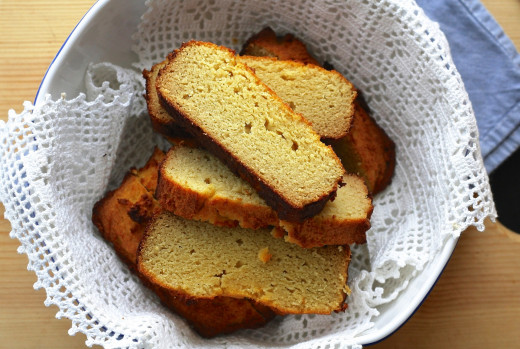
But It's Also Terribly Misunderstood and Over-Diagnosed
Are you confused? With such a small percentage of the population actually having this disease why are so many people reporting relief of "symptoms" (such as dizziness, migraines, inflammation, and foggy brain) when they stop eating gluten?
On July 11, 2013, Alan Levinovitz published an article in New Scientist entitled “What if your gluten intolerance is all in your head?” Is it possible that one-third of our population is making itself sick? Levinovitz wrote:
No one likes to be told they are mistaken about the foundation of their most dearly held beliefs. It offended the faithful when Karl Marx suggested that religions are psychological tools meant to placate the masses. Suggesting that gluten intolerance might have a psychological basis threatens a similarly foundational belief, namely that we are rational beings, competent interpreters of reality immune to mass hysteria and self-deception.
Obviously this is not the case. For one, our memories are notoriously unreliable. You may remember getting headaches from Chinese food when in fact those memories were created when you read about Chinese restaurant syndrome in the news. The same is true for memories of gluten intolerance. Don’t forget, certainty about your memories is not sufficient evidence of their truth: “Look, I know that for the last 20 years, every time I ate gluten it gave me terrible gas.”
Under oath, eyewitnesses constantly forget crucial details and replace them with their own fabrications. They aren’t liars – they’re just human. One reason for this unreliability is that memory and perception are prone to confirmation bias. Once a bias is in place, we’ll selectively remember – and notice – whatever facts help confirm it.
So where does the confirmation bias on gluten stem from? Do you recall the Atkins diet fad of the 1990s? One in every 11 Americans placed themselves on the low-carb/no-carb diet. What foods were they shunning? Carbs are found in cakes, cookies, bread, and pasta which, coincidently, also are made of wheat and so contain gluten. Do you see the connection?
If you want to learn more, click on this link for Mr. Levinovitz's entire article. It's a good read.
We're Organized
Did you know that there is a Table of Contents for this series? I have created an article that provides a detailed listing of each question I've received. It's broken down by category, and within each category, the questions are listed alphabetically. Each question is actually a hotlink back to the original post.
Here's a link to that Table of Contents.
I have also cataloged all of my personal recipes that I have shared with you in this weekly Q&A series and in all of my other articles as well. The link to that Index is here. There are hotlinks to each recipe and this will be updated as new recipes are shared.
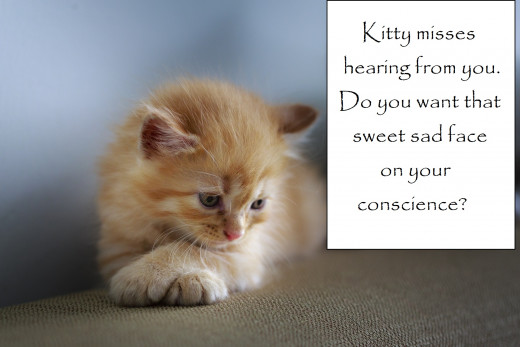
Let's Try Again Next Week
If you have questions about foods, cooking techniques, or nutrition you can ask them here. If you are in search of an old recipe or need ideas on how to improve an existing one I can help you. If you want to learn more, let's do it together. Present your questions, your ideas, your comments below. Or, you can write to me personally at this email address: lindalum52@gmail.com.
And, I promise that there will always be at least one photo of a kitty in every Monday post. If you don't ask questions, you'll have to suffer through another wacky list next week, so keep those cards and letters coming in.
© 2020 Linda Lum



